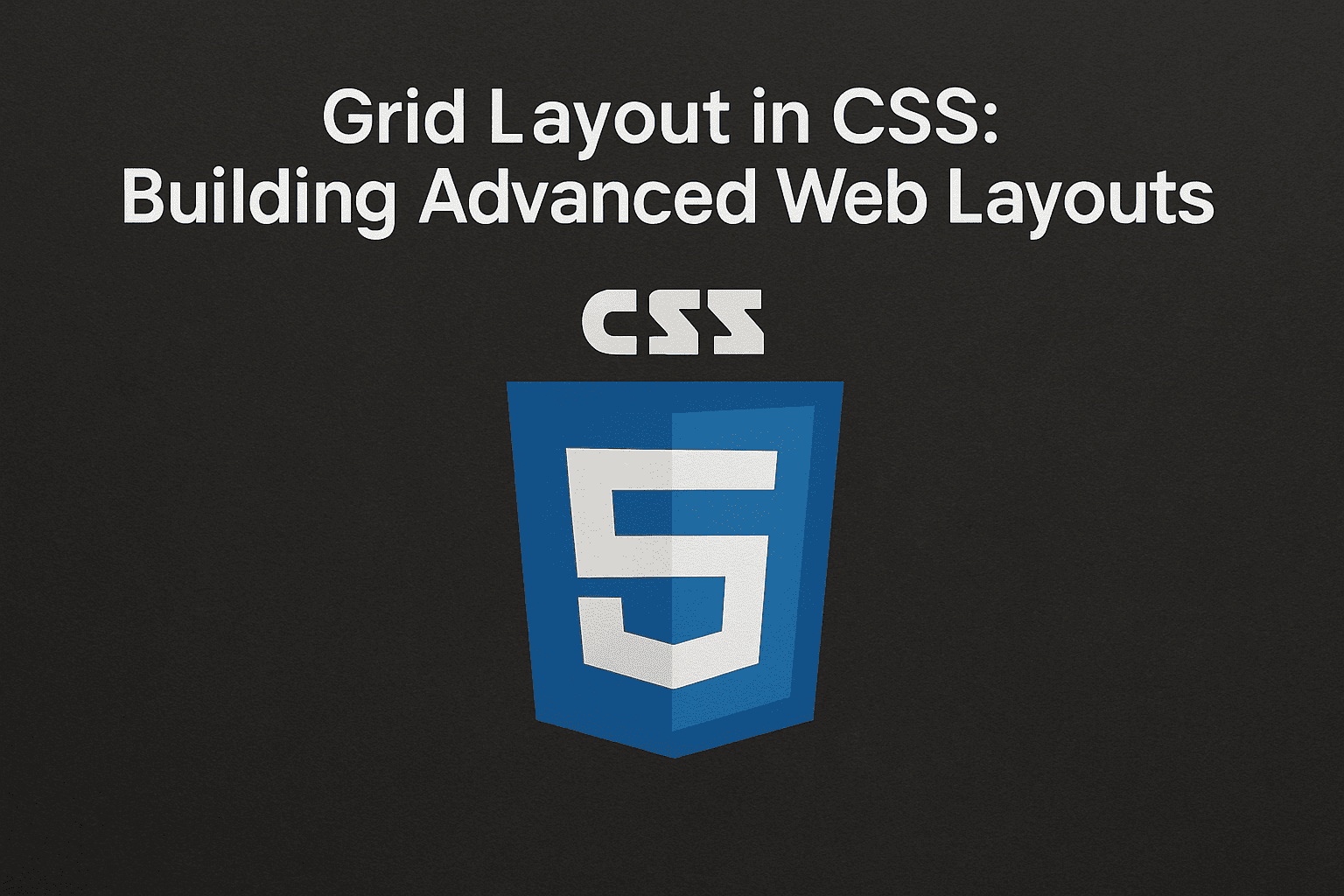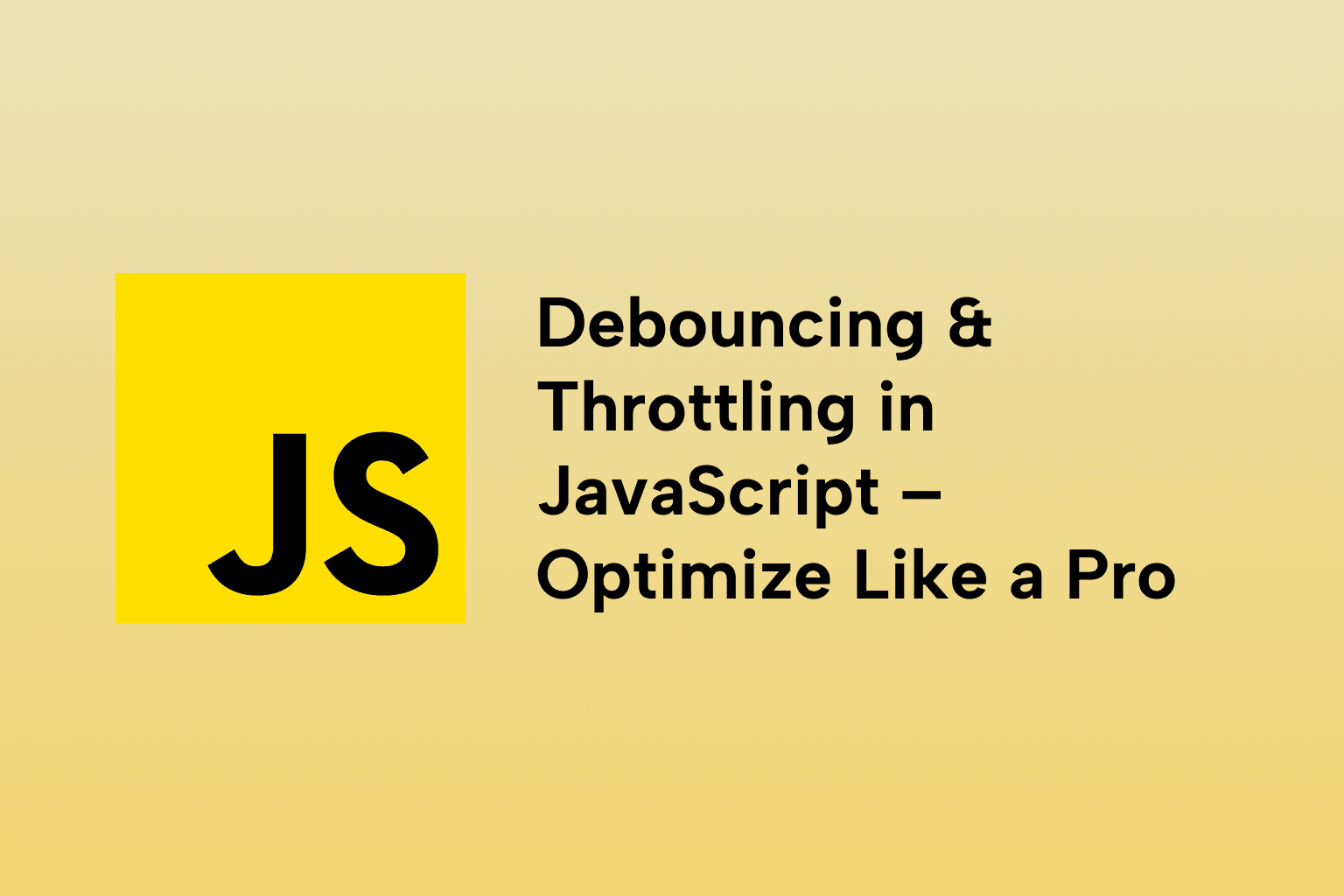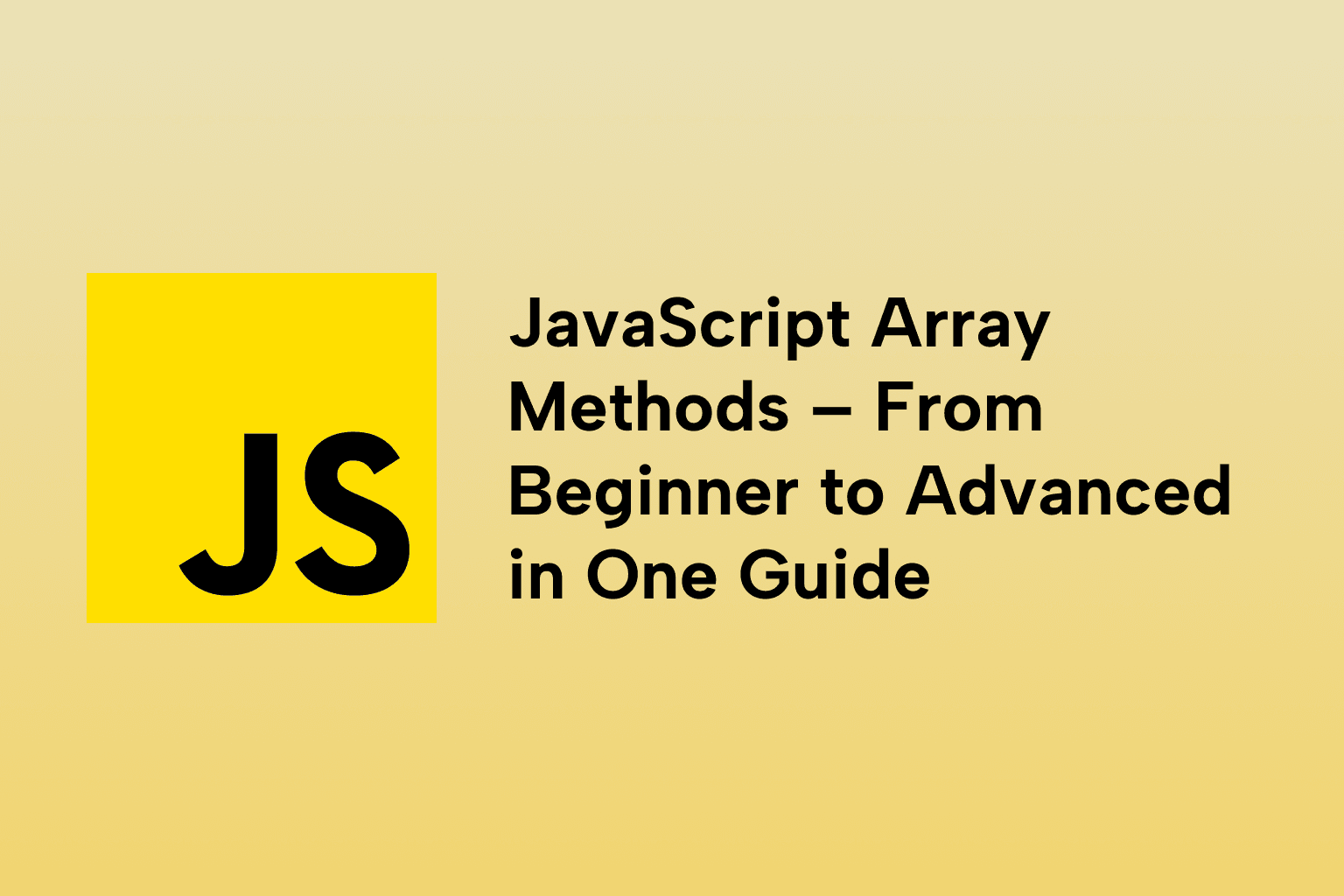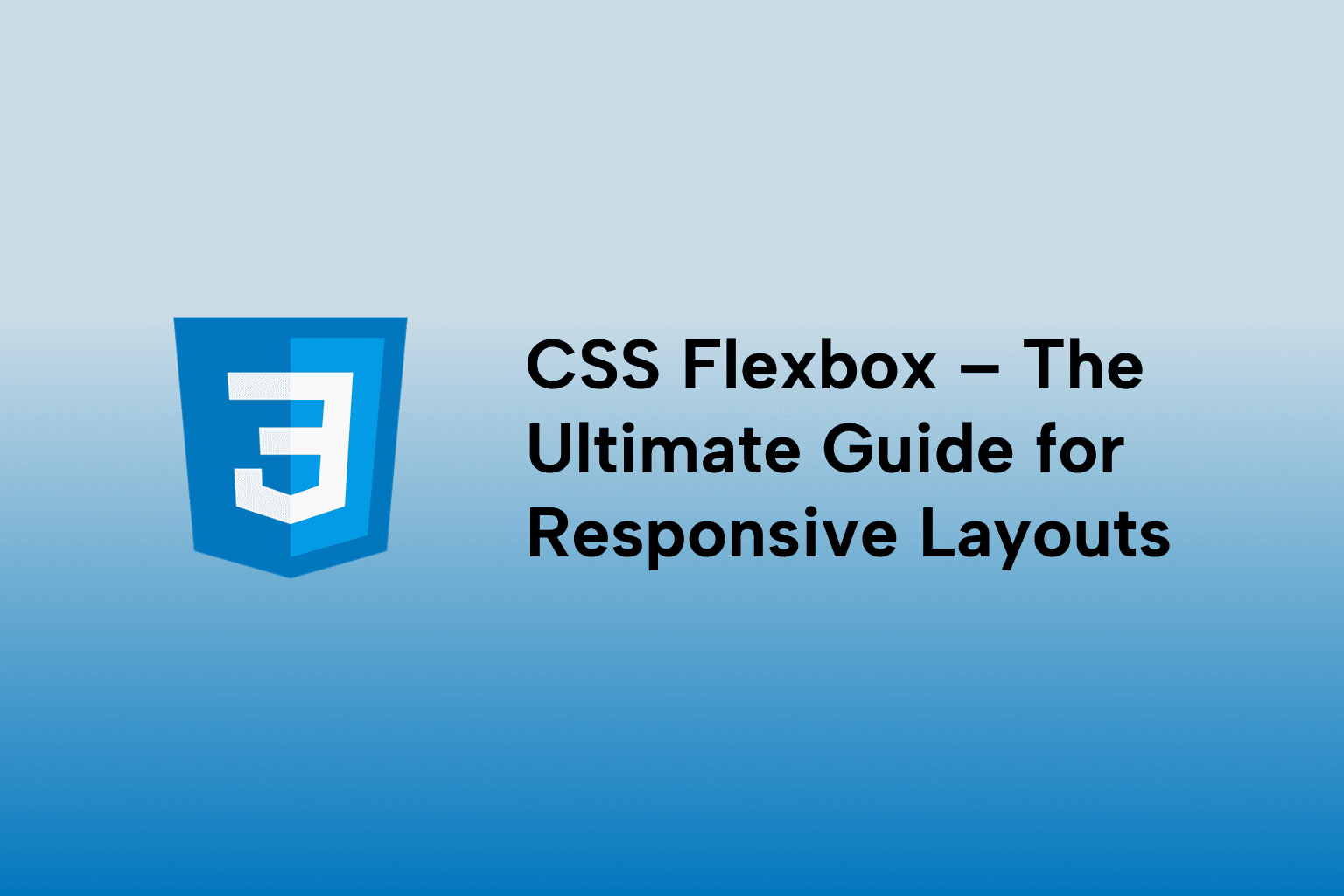Grid Layout in CSS: Building Advanced Web Layouts
 Mark Haverbeke
Mark Haverbeke
TABLE OF CONTENTS
Introduction
1 . Difference Between Flexbox and Grid
2 . Basic Setup
3 . Positioning Items with Grid
4 . Nested Grids and Responsive Design
5 . CSS Grid Examples
6 . Combining Grid and Flexbox
Conclusion
Grid Layout in CSS: Building Advanced Web Layouts
Introduction
CSS Grid Layout is a two-dimensional layout system for the web. Unlike Flexbox, which works in one direction at a time (row or column), Grid lets you control both rows and columns simultaneously. This makes it ideal for complex and responsive web layouts like dashboards and magazine-style designs. In this guide, we’ll dive deep into CSS Grid, its core properties, use cases, and how to combine it effectively with Flexbox.
1 . Difference Between Flexbox and Grid
| Feature | Flexbox | Grid Layout |
|---|---|---|
| Axis | One-dimensional | Two-dimensional |
| Layout Direction | Row or Column | Rows and Columns |
| Use Case | UI components | Full page layouts |
Flexbox is great for aligning items in a single direction (like navbars or cards), while Grid excels at defining large-scale layouts with rows and columns.
2 . Basic Setup
display: grid
- Defines a grid container.
grid-template-columns & grid-template-rows
- Set the number and size of rows/columns.
.container {
display: grid;
grid-template-columns: 1fr 1fr 1fr; /* 3 equal columns */
grid-template-rows: auto auto; /* 2 rows */
gap: 20px;
}
gap
- Adds spacing between rows and columns.
3 . Positioning Items with Grid
grid-column and grid-row Control where items start and end.
.item {
grid-column: 1 / 3; /* spans column 1 to 2 */
grid-row: 1 / 2;
}
grid-area
- Names a region and places an item in that named area.
.container {
grid-template-areas:
"header header"
"sidebar main"
"footer footer";
}
.header {
grid-area: header;
}
4 . Nested Grids and Responsive Design
Grid elements can contain other grid containers (nested grids). Combine this with media queries for responsive behavior.
@media screen and (max-width: 768px) {
.container {
grid-template-columns: 1fr;
}
}
Nested grids are useful for creating modular and scalable designs.
5 . CSS Grid Examples
Dashboard Layout
.dashboard {
display: grid;
grid-template-areas:
"header header"
"sidebar main"
"footer footer";
grid-template-columns: 200px 1fr;
grid-template-rows: 60px 1fr 40px;
}
Magazine Layout
.magazine {
display: grid;
grid-template-columns: repeat(4, 1fr);
grid-template-rows: auto;
gap: 10px;
}
.featured-article {
grid-column: span 2;
grid-row: span 2;
}
6 . Combining Grid and Flexbox
Use Grid for overall layout and Flexbox for component-level alignment inside grid items.
.card {
display: flex;
flex-direction: column;
justify-content: space-between;
}
This hybrid approach allows for more precise and scalable designs.
Conclusion
CSS Grid is a game changer for creating powerful, responsive, and flexible web layouts. When used alongside Flexbox, it offers unmatched control over structure and alignment. Mastering Grid Layout is essential for any front-end developer aiming to build modern and professional interfaces.

Mark Haverbeke
Senior Frontend Engineer
Mark is a passionate software developer and author with expertise in JavaScript and Python. He enjoys simplifying complex programming concepts and sharing practical coding tips.



